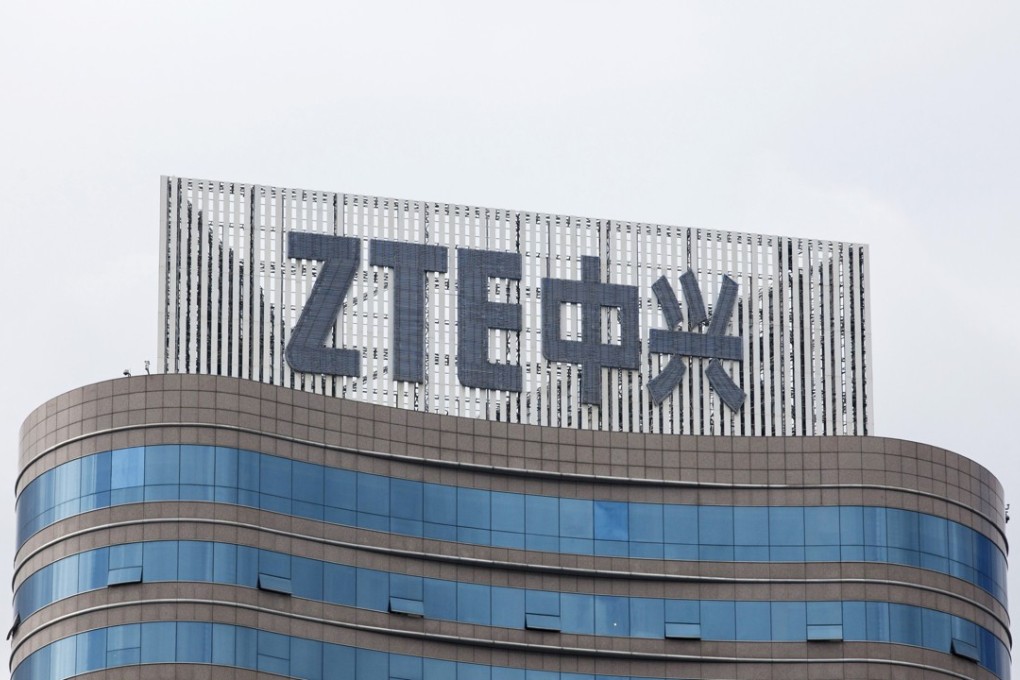Shareholders question who is to blame for the US ban that led to ZTE stock plunge
ZTE held shareholder meeting to approve a new board, a crucial step in meeting the conditions of a settlement agreement before the US can lift an export ban

Who should be blamed for ZTE Corp. landing in dire straits? Should the Shenzhen-based telecommunication equipment company buy back stock to prop up the share price, which has plunged more than 60 per cent after the US government slapped it with an export ban?
Shareholders posed those questions to management at its annual general meeting on Friday morning. Many left the two-hour gathering dissatisfied with the answers.
“I think the company should take more responsibility,” an individual investor who only gave her name as Li said as she left the meeting. “The management offered no concrete solutions at the AGM, which is quite disappointing to me.”
A full-time housewife, Li said she is sitting on a paper loss of about 170,000 yuan (US$25,715) after buying 10,000 shares of ZTE in April, right before the US barred the company from buying American components, including crucial parts like semiconductors that go into its smartphones. The denial order was imposed to punish the company for flouting the terms of an earlier settlement for illegal sales to Iran and caused ZTE to shut down major operations.
Another investor, surnamed Wang, said management did not give shareholders enough time to address all of their concerns.
“They didn’t give me a chance to ask all the questions, the time was too short,” he said. “Regarding the export ban, the management should answer the question whether this was a natural or man-made disaster. I think it’s man-made … They kept emphasising external factors, yes, there are indeed external factors, but the main reason is they didn’t do their part properly.”
Wang said he owned “a lot of ZTE shares” but would not easily sell as he thinks the stock price is “undervalued” at current levels given its long-term outlook. “But if the US does not lift the ban, the outcome will be difficult to predict,” he said.
ZTE declined to comment on what transpired in the closed-door meeting, or the characterisation of the proceedings as told to the South China Morning Post by shareholders who attended the gathering. Management apologized to the shareholders, according to the investors who attended the meeting.
It is perhaps little surprise that management was not able to give shareholders definitive answers. The demand for accountability by investors is perhaps also a moot point, because the management and board, headed by Chairman Yin Yimin, are all on the way out.
As part of conditions of a new deal with the US Commerce Department, ZTE must replace its board and terminate all senior executives as well as anyone involved in the Iran violations within 30 days from June 7. All current board members will resign after new directors are elected.
At ZTE’s headquarters in Shenzhen’s Nanshan district on Friday, reporters were barred from the auditorium where the annual meeting was being held. A reporter from a local media outlet who tried to barge into the meeting was escorted out by security. The company laid out juice and biscuits in a side conference room and urged the reporters to rest there rather than brave the heat outside.